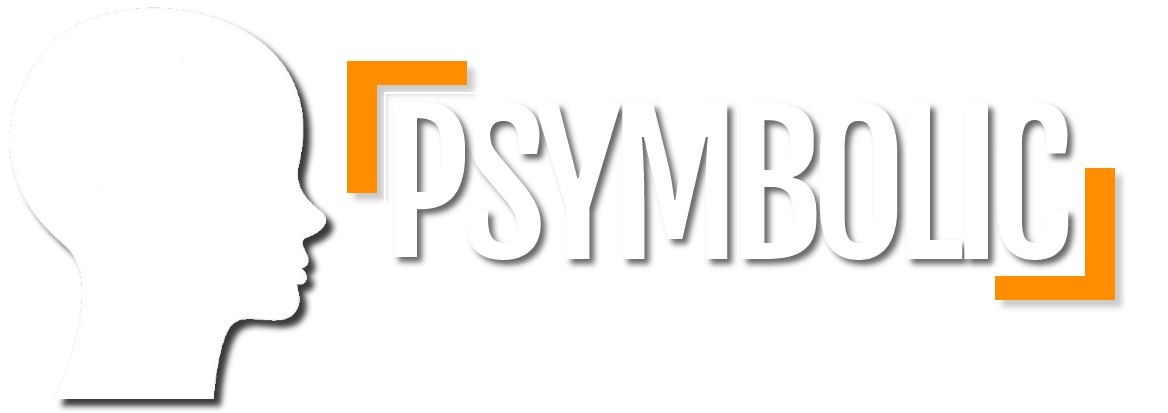
Weapon-related crime is rising, whether toward the police or people in the general public. Carrying a concealed weapon to commit a crime in Canada is considered a criminal offence, punishable by a prison sentence.
A weapon is any object designed or used to cause injury or death to someone else. It could be a gun, knife, car keys, a dinner plate or a popsicle stick. Most people think of a gun or knife when they hear of a concealed weapons charge, and these types of cases get lots of attention in the media. If you are carrying or holding something and intend to use it to harm someone else, it is a weapon.
What do you do next if you have been charged with carrying a concealed weapon? Fortunately, there is a strong defence against this type of charge. You should seek the aid of a qualified criminal lawyer Toronto to help you navigate the charges.
This guide provides information on how to beat a concealed weapons charge:
What is a concealed weapons charge?
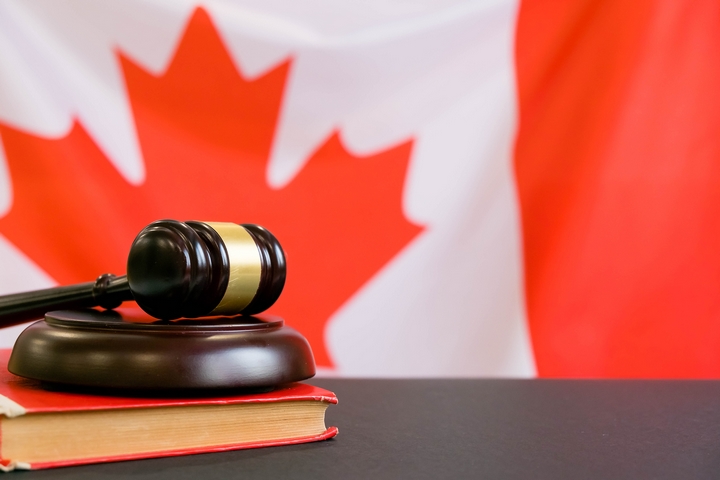
Every person commits and offence who carries a weapon, a prohibited device or any prohibited ammunition concealed unless it is authorized under the firearms act to carry it concealed.
In addition, every person that commits an offence under subsection:
- is the guilt of an indictable offence and liable to imprisonment for a term not exceeding five years
- is guilty of an offence punishable on summary conviction.
Related charges for weapons offences included possession of a firearm for a dangerous purpose, pointing a firearm, unauthorized possession of a firearm and unauthorized possession of a prohibited weapon or restricted weapon.
Weapons in Canada
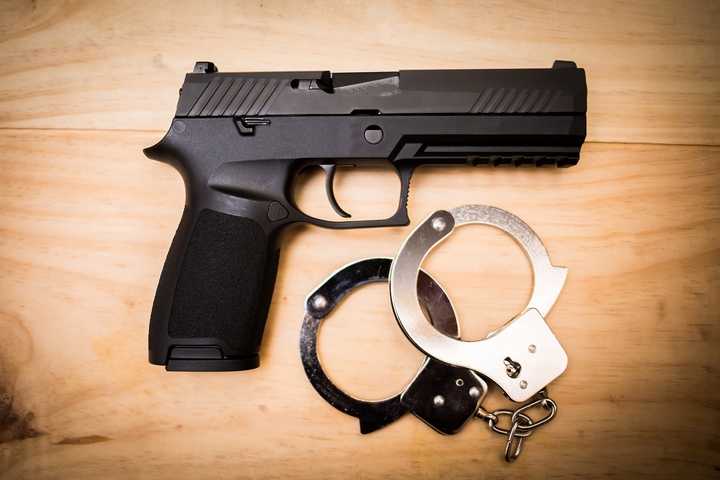
In Canada, there are restricted and prohibited weapons. These include:
- Knife with an automatic blade
- Tear gas
- Mace
- Pepper spray
- Brass knuckles
- Nunchaku
- .32 and .25 handguns
- Fully automatic firearms
- Certain telescoped rifles
- Certain semi-automatic long rifles
These weapons carry a criminal offence just for possessing them. The most important defence against a concealed weapons charge, as long as it isn’t a restricted or prohibited weapon, is why you are carrying it.
Intent with concealed weapons
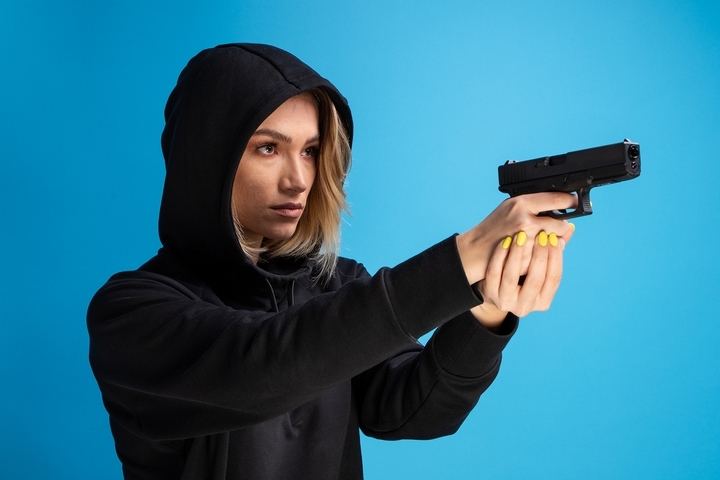
As a Canadian, you have a right to defend yourself and use a legal weapon or implement that is considered a weapon for defence as long as you are not carrying it for that purpose. It does sound confusing, but it is a case of your intent while having the weapon with you.
There are many scenarios where carrying a weapon like a knife, or registered gun makes sense. When you go hunting, you carry a firearm for that purpose. If you practice your bushcraft or simply hike in the forest trails, you could come upon a dangerous animal. You may use a pocket knife while fishing or cutting branches to make a fire or build a shelter.
Possession of concealed weapons
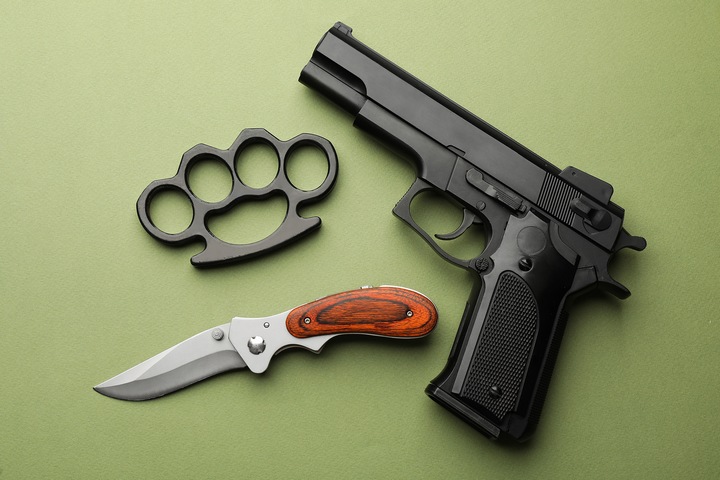
Carrying a weapon for the defence of a person is still an offence, though. You have a right to defend yourself but do not have a weapon. Are you confused yet?
Fixed and folding blades are legal in Canada as long as they are tools. It may be different if you have them in public while going to the club or out for drinks. There is no reason for this tool to be with you, but a case can still be made that you had it before going out. While ignorance of the law is usually not a valid excuse, items considered weapons in an offensive or defensive situation are a grey area. It can be used as a successful argument against a concealed weapons charge.
Possession of an object used as a weapon can be proven to have an innocent quality and that you had it for innocent reasons before an altercation. If that object was converted to a weapon in a self-defensive act, your actions were to protect yourself without considering carrying it as a weapon.
Options to beat concealed weapons charges

While obvious objects look like weapons, you can carry non-lethal items when you feel threatened. An air horn is an effective deterrent to stop an attack and give you time to get away from a situation. If you are out shopping, your grocery bag with some heavier items can assist you if getting mugged, and an umbrella brought for rainy conditions may be a lifesaver in a scuffle.
Ultimately, you need an expert legal professional to guide you in this type of charge and, most importantly, never admit guilt to the offence. A criminal record for a concealed weapon offence can significantly affect your ability to get a job, travel or even have relationships in your life.
There are strategies for beating a concealed weapons charge to successfully put it behind you and move on with your life.
